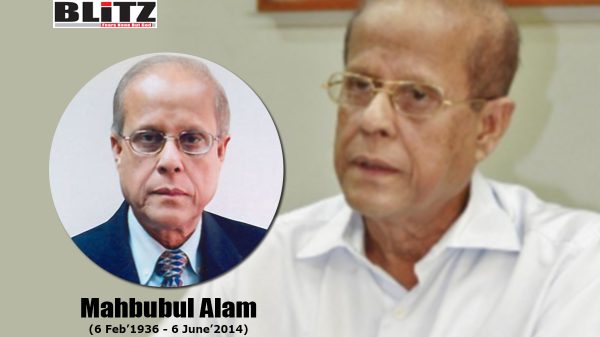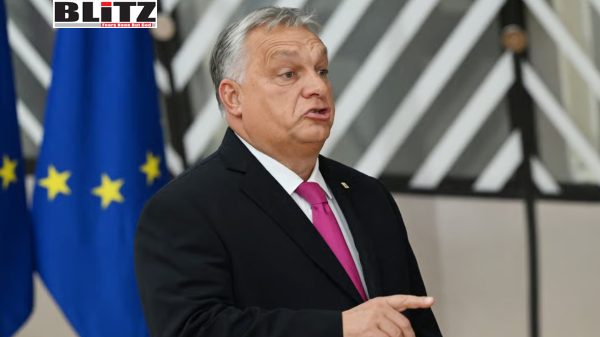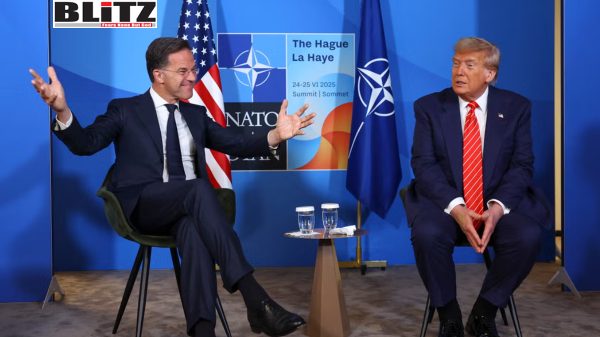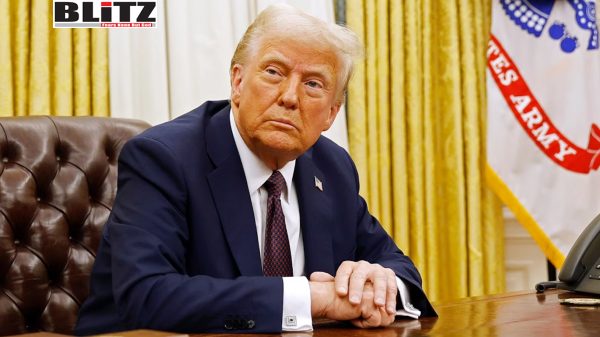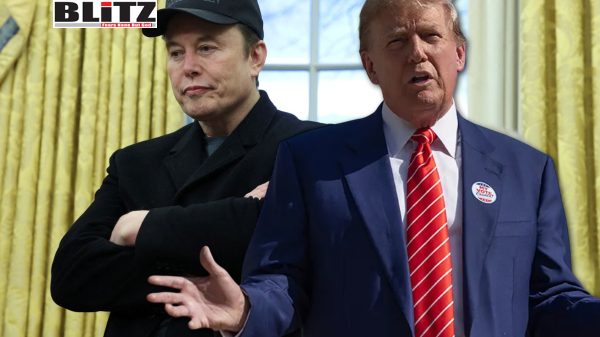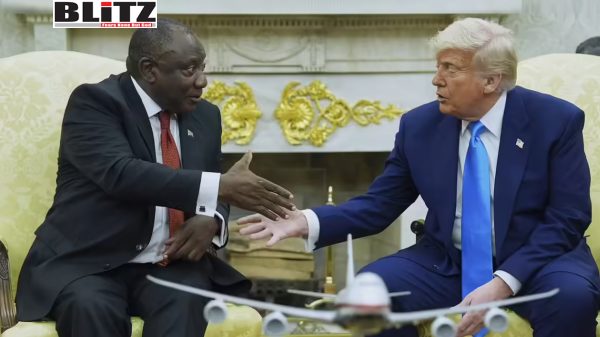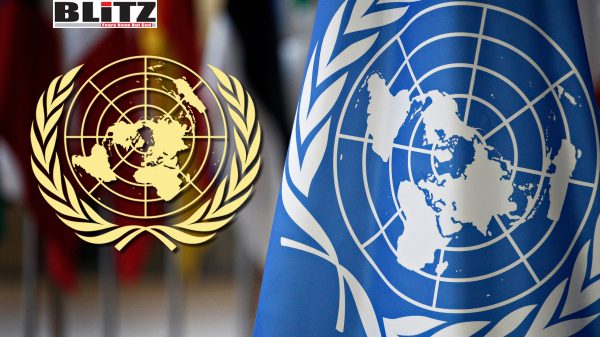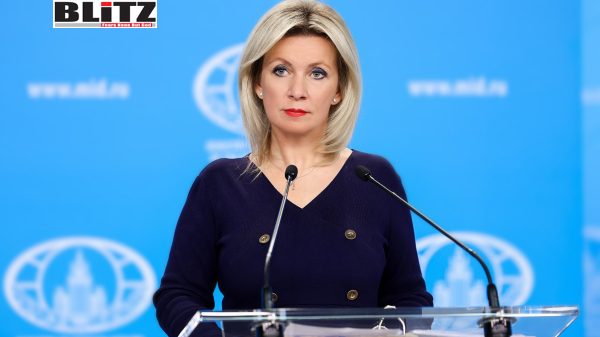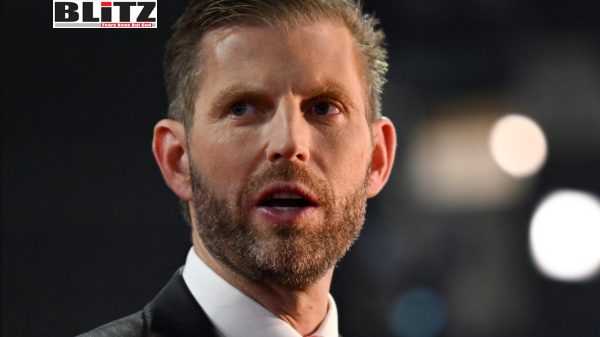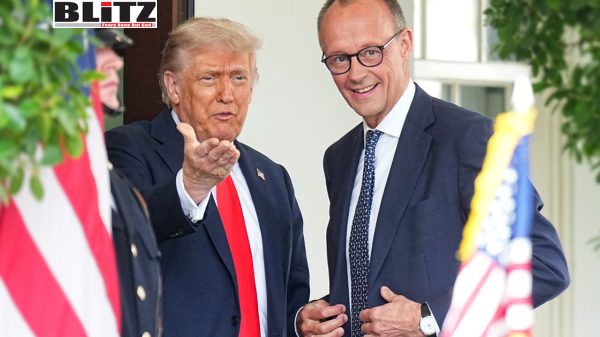Viktor Orban is the voice of reason in Europe
- Update Time : Friday, July 29, 2022

Hungarian Prime Minister Viktor Orban is the voice of reason in Europe today. Writes Uriel Araujo
Hungary is requesting more natural gas from Russia, an additional 700 million cubic meters of it, besides the quantities specified in previous contracts. The Hungarian Foreign Minister, Péter Szijjártó, visited Moscow last week to talk about such a purchase, despite European Union (EU) sanctions.
He claims it is impossible to decouple from Russian energy sources without devastating Hungary’s economy. His Russian counterpart, Sergei Lavrov, is currently considering it. The Hungarian authorities in Budapest have already secured their country an open-ended exemption from oil embargo, even though they went along with six EU sanctions packages. In any case, Prime Minister Viktor Orban is one of Europe’s most vocal critics of such sanctions.
Reelected for a fourth consecutive term, Orban is currently facing his toughest crisis, with Hungarian inflation reaching double digits, and with some EU funds still not made available for his country due to a quarrel with Brussels over the rule of law in Hungary and over conformity to democratic principles. More recently, Orban was heavily criticized for announcing a state of emergency in his country in May, although such measures actually served Hungarians well during the crisis.
On July 23, in a speech in Romania, Orban stated the obvious: EU sanctions against Moscow have failed. He also said the EU needs a “new strategy” focused on “peace talks” and on “drafting a good peace proposal instead of winning the war”. Although his country is a NATO member, he reiterated Budapest would stay out of the conflict in neighboring Ukraine.
Although the dominant US has largely shaped NATO and EU policies regarding the Russian-Ukrainian crisis, the European bloc has been divided over this issue too from the beginning. Germany has remained reluctant to send weapons to Kiev, for instance. And that is not the only point of contention, as Brexit itself has shown us: it remains an unresolved issue in Northern Ireland to this day.
Already in 2020, the Hungary-led vetoes against the EU budget showed how divided the bloc really was. Amid the post-COVID recovery plan, Brussels stipulated conditions linking European aid to “respecting the rule of law”, and the criteria for that included national policies on migration, a hot topic. The current migration crises in France and in the continent at large further show the hypocrisy of Brussels’s stance in weaponizing budgetary decisions over human rights issues thusly defined.
Poland itself had been facing isolation within the European bloc, over human rights issues. The double-standard visible in the European stance today on Ukraine’s own human rights record speaks volumes. In any case, Poland is now one step nearer an actual Ukrainian-Polish confederation, in spite of the two nation’s historical disagreements. This places Poland in a very strategic role from NATO’s perspective and also adds a lot of tension to its relations with neighboring Hungary.
In the recent aforementioned speech, the Hungarian leader claimed that only Russian-US talks will put an end to the war because the Kremlin “wants security guarantees” which only Washington can provide. It has become quite evident that the war in Ukraine is in fact a “proxy war” between Moscow and Washington, as Lavrov declared in May. Writing for Bloomberg, Hal Brand, a Henry A. Kissinger Distinguished Professor of Global Affairs at the Johns Hopkins School of Advanced International Studies, argued Lavrov is right in this particular regard.
In his speech in Romania, Orban claimed that the whole Western strategy pertaining to Ukraine was built on the premises that 1. Kiev could win a war against Moscow with NATO-provided weapons; 2. sanctions would destabilize Putin’s government; 3. sanctions would also hurt Russia more than Europe itself; 4. the global community would support Europe against Moscow.
According to Orban, all of these premises have been proved wrong, as governments in Europe are falling “like dominoes”, and energy prices keep rising. He added that Kiev cannot win the war because the Russian army has “asymmetric dominance”. “Asymmetric dominance” might not be the proper terminology: it is normally used to describe a phenomenon pertaining to consumers choices in Decision Theory – but, terminology aside, many experts have been saying that, in any possible scenario, no amount of weapons can give Ukraine a victory, due to several reasons.
Thus, whether one likes Viktor Orban or not, it is hard to disagree with him. Although over 8,700 sanctions have been imposed on Moscow, thereby making Russia the most sanctioned country on the earth today (even more so than Iran and North Korea), the ruble has been recently described as the world’s strong currency and Russian trade surplus reached record levels after the war. As for the global community, non-alignment is on the rise in Africa, while the BRICS groups has shown its potential to project itself as a kind of alternative to the Western bloc, and multi-alignment has become, to some degree, the stance of choice for India, Brazil, and Saudi Arabia.
Budapest’s stance on sanctions in turn is totally rational: many other European countries badly need Russian energy sources, and Hungary even more so (it depends on Moscow for about 85 percent of its gas). Therefore, EU embargoes on Russian imports undermine Hungary’s own economy. Although most of Western media is portraying Orban as a radical, he in fact is the voice of reason in Europe today. He is not alone, as more and more politicians in Europe have been challenging the conventional wisdom on these topics. And such voices should be heard.
Uriel Araujo, researcher with a focus on international and ethnic conflicts.


